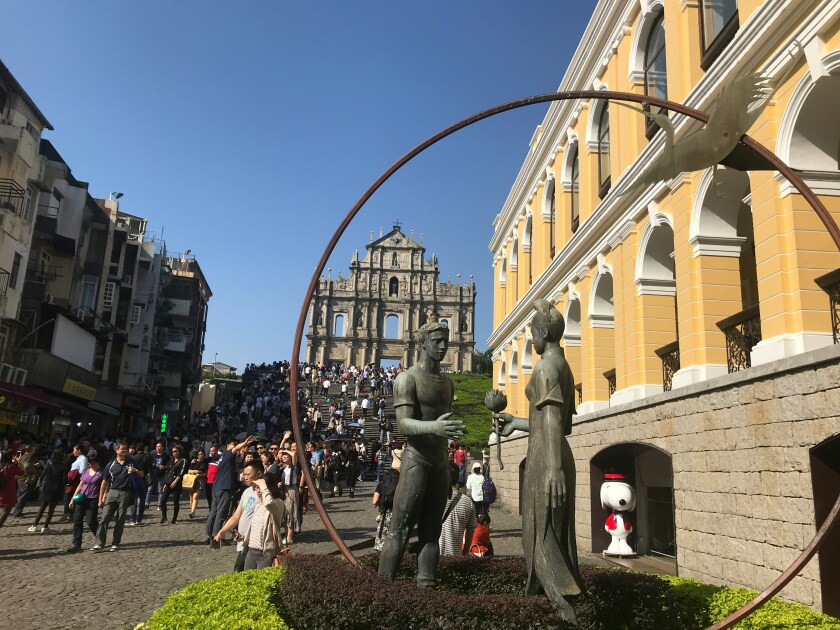With 2024 coming to a close, one of Macau’s most long-awaited pieces of labour legislation is set to leave its mark when it finally comes into force at the end of March of next year.
Although Article 27 of the special administrative region’s 1993 Basic Law establishes that residents are granted the rights to unionise and to go on strike, no legal framework regulating the exercise of those fundamental rights had been approved until recently. This meant that, in practice, no trade unions existed in Macau and no strikes had been held, a situation that had caught the attention of the UN’s International Labor Organization and the International Trade Union Confederation, among others.
In place of traditional trade unions, during the past 25 years several workers associations (such as the Macau Government Employees Association and the Macau Hotel Employees Association) were created in the region; in essence, proto-trade unions with a limited range of action.
After several failed attempts at filling this legal vacuum, a first draft of the so-called Trade Union Act (in Portuguese, Lei Sindical) was submitted for discussion by the Macau Legislative Assembly’s Second Standing Committee in December 2022, with a modified, final draft approved a little over a year later as Law 6/2024, gazetted on April 22. So as to allow for the voluntary transition of existing workers associations into trade unions under the new legal framework, and for society at large to become acquainted with it, the Trade Union Act’s entry into force was delayed until March 31 2025.
Analysis of the Trade Union Act
Formally granted legal capacity by the law, trade unions (which the legislator explicitly distances from already established or future workers associations) are aimed at safeguarding and promoting the interests and rights of workers, for the purpose of which they are granted powers to, among others:
Negotiate labour disputes on behalf of their members;
Issue opinions with regard to working conditions and workplace health and safety;
Comment on matters concerning labour legislation (trade union federations may additionally be appointed by the Macau chief executive to join the government’s labour advisory committee); and
Provide social services.
And while in theory these other powers may include calling for strikes, this matter is not directly regulated therein.
Instead, we see generic references to “trade union activities”, which, by law, must not endanger the region’s public order and health, or affect any essential or emergency services, with the legislator going as far as declaring that trade unions upsetting public order can be dissolved by a court of law not only on the initiative of the Public Prosecutions Office but of any “interested party”.
On another note, workers are, as expected, protected against unfair treatment by employers on account of being members of trade unions or taking part in trade union activities.
Looking ahead to the Trade Union Act’s introduction
All in all, the Trade Union Act is a commendable first effort from Macau’s legislature to deepen and strengthen workers’ rights in a region that, until now, remained the only jurisdiction in Greater China without any such laws in place, and its approval will no doubt serve as a launching pad for others of its kind.
Though employers should not expect disruptions as a result of the new law, the issue of strikes may nevertheless be the subject of disputes and, for the benefit of workers and employers, is a matter whose importance merits a more detailed framework.



